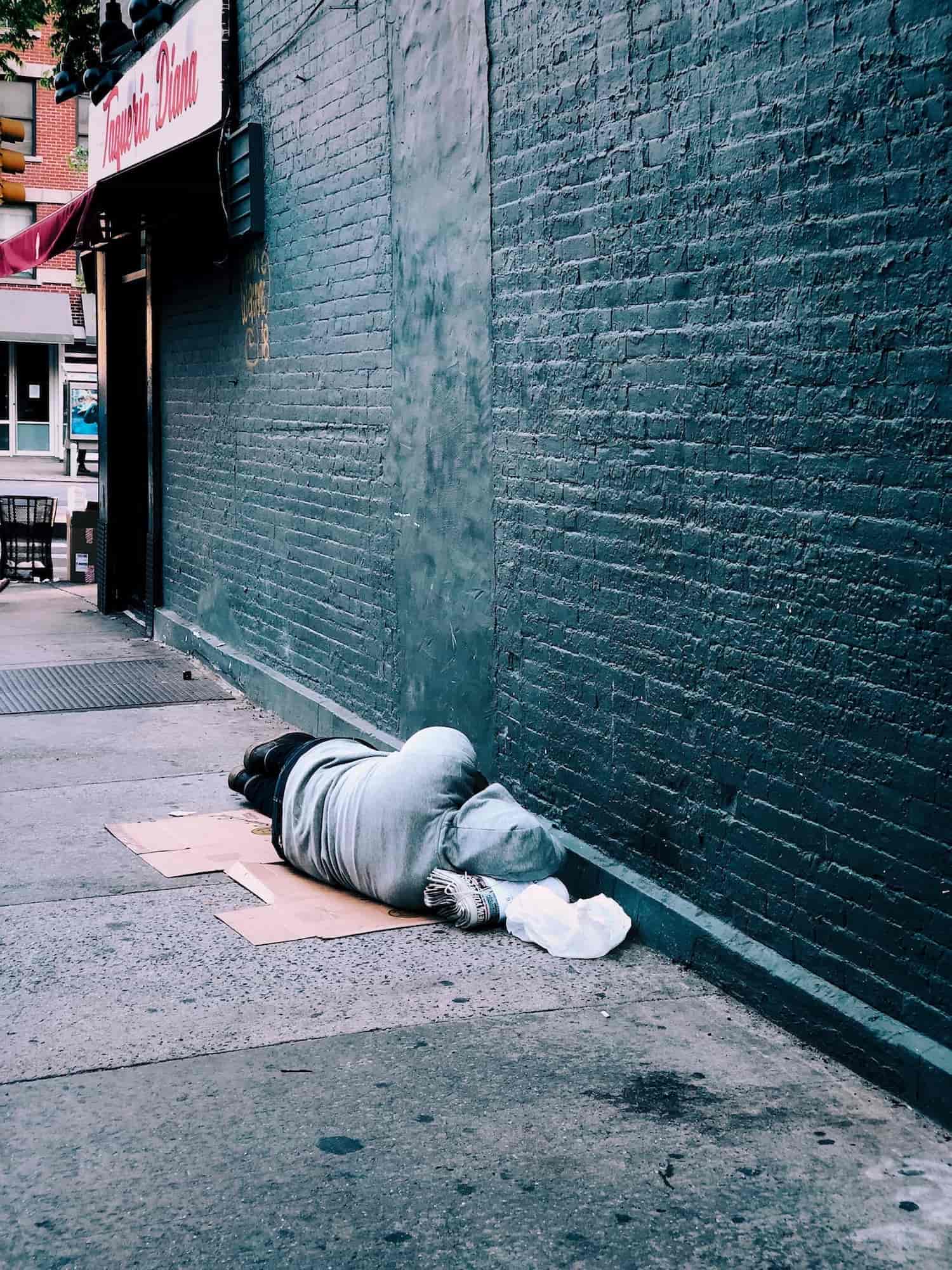Plan to end homelessness includes £100m in new funding
Up to 6,000 rough sleepers will receive assistance under new measures in the government’s rough sleeping strategy announced today, which will be backed by £100m of funding.
The strategy focuses on understanding what issues lead to rough sleeping and providing support for those at risk; helping those who are already sleeping rough; and supporting people in finding a new home and rebuilding their lives.
Communities Secretary Rt Hon James Brokenshire MP, who announced the new measures, said, “It is simply unacceptable that people have to sleep on our streets and I am determined to make it a thing of the past. Whether people are at risk of rough sleeping, already on the streets or in need of settled accommodation, we now have a solid plan to help the most vulnerable in our society. And this is not just about putting a roof over their heads but helping them find a place to call home. They need and deserve our support and, through our expert-backed strategy, I am confident they will get it.”
The strategy builds upon the Rough Sleeping Initiative released late March, which includes £30m in funding for immediate support for local authorities with high levels of rough sleeping and includes funding specific to mental health and addiction. Additionally, a Rough Sleeping Team, made up of homelessness experts, has been created to further drive reductions in rough sleeping.
Official figures, seen as a low estimate, showed 1,768 people were sleeping rough in England in 2009/10, but last year that had increased by 169% to more than 4,751 people estimated to be sleeping rough in England on any one night.
"It's so easy for commentators to look at people and say it must be their fault, but every single case of homelessness has a root in policy choices."@jon_sparkes speaks to @VictoriaLIVE about the Government's new Rough Sleeping Strategy#VictoriaLive pic.twitter.com/G14HXB6NsS
— Crisis (@crisis_uk) August 13, 2018
However, national charity for homeless people, Crisis, estimates there are 160,000 homeless households in Britain. “Homeless households” are defined as households that seek housing assistance from local authorities on grounds of being currently or imminently without accommodation. The charity warns that rough sleeping is forecast to rise by 76% in the next decade unless the government takes action to tackle it.
“This strategy is a significant step towards the government’s goal of ending rough sleeping by 2027, which will make a real difference to people’s lives,” members of the rough sleeping advisory panel said in a joint statement.
“However, for the strategy to work, the government must also set out bold, cross-departmental plans to tackle the root causes of all forms of homelessness, and prevent it from happening in the first place. This must include plans to build significantly more social housing, to foster greater security for renters, to ensure people have access to benefits and other support they need to help them keep their homes. We also need to see a reversal of policies that leave migrants homeless and destitute, and healthcare, mental health and substance misuse services that are available and truly accessible to those who need it.”
“To end rough sleeping by 2027, the government must build on today’s welcome announcement and set out plans to prevent homelessness from occurring in the first place. The ambitious target that the government has set itself will only be achieved if it is equally bold on addressing the policies that cause rough sleeping.”
Jon Sparkes, Chief Executive of Crisis responded further, “This strategy is a positive start, but to truly end rough sleeping the Government must build on this progress and commit to ending all forms of homelessness. Earlier this year Crisis published a plan that shows exactly how we can address the root causes of homelessness and make it a thing of the past. With the right measures in place, the Government can do what it takes and make sure that no one has to face homelessness again.”
Crisis offers expert help and free services to homeless people from any of its 11 centres throughout the UK.
Charity Shelter offers a helpline on 0808 800 4444 from 8am - 8pm on weekdays and 9am - 5pm on weekends. Phone the helpline if you have nowhere to sleep, or might be homeless soon; if you have somewhere to sleep, but nowhere to call home; if you are or could be at risk of harm or if you feel very overwhelmed about your housing situation. If the matter is not urgent, advice can also be found on their housing advice pages.
Photo by Jon Tyson on Unsplash


Comments